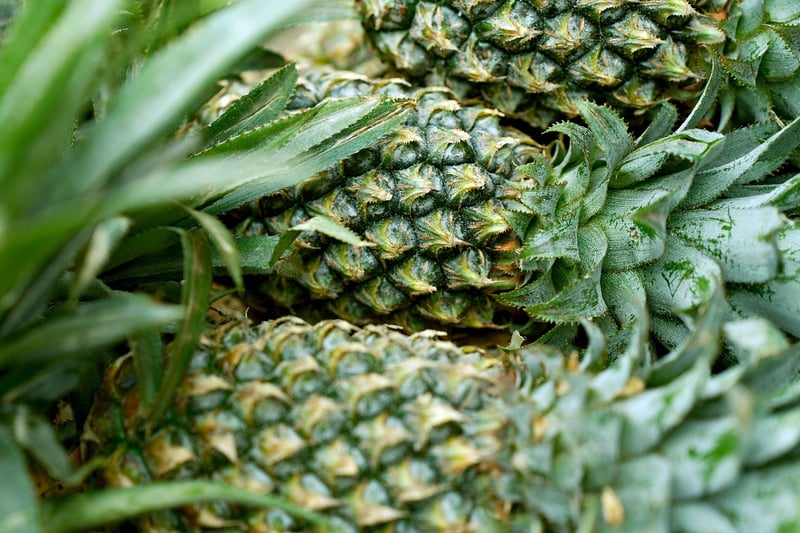Mindful Eating Practices
Enhance Awareness and Presence through Mindful Eating Practices
Welcome to our guide on enhancing awareness and presence through mindful eating practices. In today's fast-paced world, it's easy to fall into the habit of eating mindlessly, often leading to overeating and poor digestion. By incorporating mindfulness into your eating routine, you can not only improve your physical health but also cultivate a deeper connection with your food and overall well-being.
The Basics of Mindful Eating
Mindful eating is about being fully present in the moment while you eat, paying attention to the flavors, textures, and sensations of each bite. It involves engaging all your senses and acknowledging your thoughts and emotions without judgment. Here are some simple steps to help you practice mindful eating:
- Start by taking a few deep breaths to center yourself before you begin your meal.
- Observe your food with curiosity, noticing the colors, shapes, and arrangement on your plate.
- Take small bites and chew slowly, savoring the taste and texture of each morsel.
- Put down your utensils between bites to prevent rushing through your meal.
- Check in with your hunger and fullness cues throughout the meal to guide your eating pace.
- Express gratitude for the nourishment your food provides and the effort that went into preparing it.
The Benefits of Mindful Eating
Practicing mindful eating offers a wide range of benefits, including:
- Improved digestion and nutrient absorption
- Weight management and reduced overeating
- Enhanced appreciation for food and its origins
- Increased awareness of hunger and satiety cues
- Reduced stress and anxiety related to food
Bringing Mindfulness to Your Daily Meals
It's essential to integrate mindfulness into your daily eating habits to experience its full benefits. You can start by setting aside dedicated meal times free from distractions like phones or screens. Create a calming eating environment, perhaps with soft music or candles, to enhance the sensory experience of your meal.
Additionally, consider practicing gratitude before each meal by reflecting on where your food comes from and the hands that nurtured it. This simple act can help you develop a greater appreciation for the nourishment on your plate.
Conclusion
By incorporating mindful eating practices into your daily routine, you can transform the way you relate to food and nourish both your body and mind. Remember that mindfulness is a skill that takes time to develop, so be patient with yourself as you embark on this journey towards greater awareness and presence in your eating habits.
Start today and savor each bite as if it were the first and last you'll ever taste.

